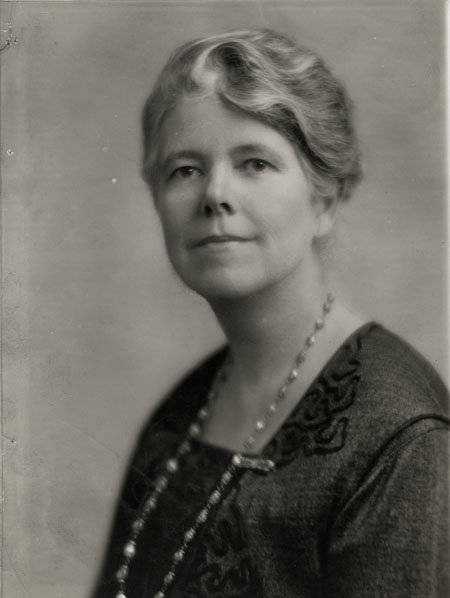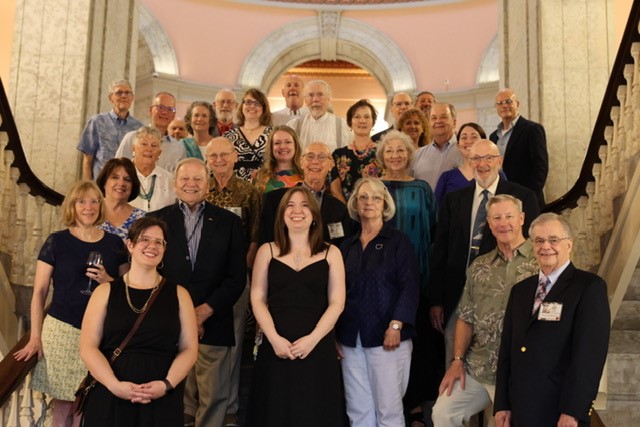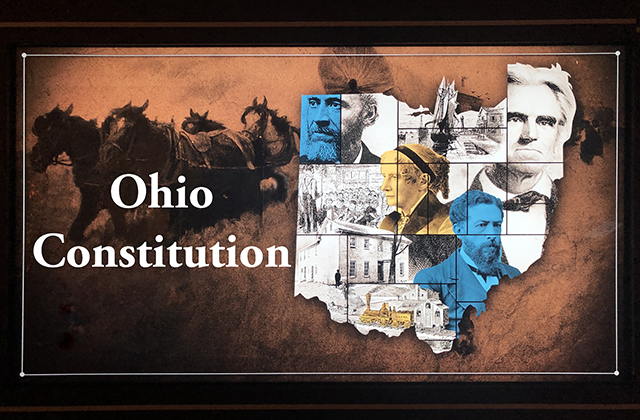


LADIES' GALLERY


Service
Ohio Senate, 1922 - 1930Cuyahoga County
Party
RepublicanBiography
Maude Comstock was born in Vermont, where she received her education and attended the State Normal School. She became a teacher and then later a principal of a grammar school in Massachusetts. In 1903 she married Walter G. Waitt before moving to Ohio.
In 1921, Maude Waitt was elected to the City Council of Lakewood, and resigned a year later after winning a seat into the Ohio Senate, where she served in four consecutive General Assemblies. She served on the following Senate committees:
-Benevolent Institutions (chair)
-Prison and Prison Reforms (chair)
-Library (chair)
-Public Health
-Commercial Corporations
-Soldiers and Sailors Orphans' Home
In 1923, she introduced Senate Bill 130, Senate Bill 138, and Senate Bill 252 – all of which were signed into law.
She was highly regarded among her colleagues and was selected to serve on a prison review board. A bill she sponsored that would classify inmates based on the seriousness of their offenses failed in her last term. She reportedly felt that the rural lawmakers who opposed it were "more interested in highway matters."
Waitt believed that women would improve the condition of politics. She felt that women had a clearer vision than men of service to their districts, being almost entirely unburdened by special interest. "Women are not as strong party adherents as men are," Waitt said. "They think of the principle first then of the party. The only reason they ally themselves with parties is that they may accomplish more."
In her district, she was an active civic leader, involved with the Citizen's League of Cleveland, Women's Club of Cleveland, Lakewood Women's Club, Western Reserve Chapter of the Daughters of the American Revolution, Ladies of the G.A.R., and Lakewood Republican Club.
Biography courtesy of the Ohio Women's Policy and Research Commission
 Holiday Festival and Tree Lighting 2025
Holiday Festival and Tree Lighting 2025 Holiday Santa Photos 2025
Holiday Santa Photos 2025 Flags for 9-11 in 2025
Flags for 9-11 in 2025 2025 Volunteer Appreciation Dinner
2025 Volunteer Appreciation Dinner America 250-Ohio
America 250-Ohio Holiday Festival and Tree Lighting 2024
Holiday Festival and Tree Lighting 2024 Ohio Constitution Videos
Ohio Constitution Videos Ohio Statehouse Videos
Ohio Statehouse Videos






